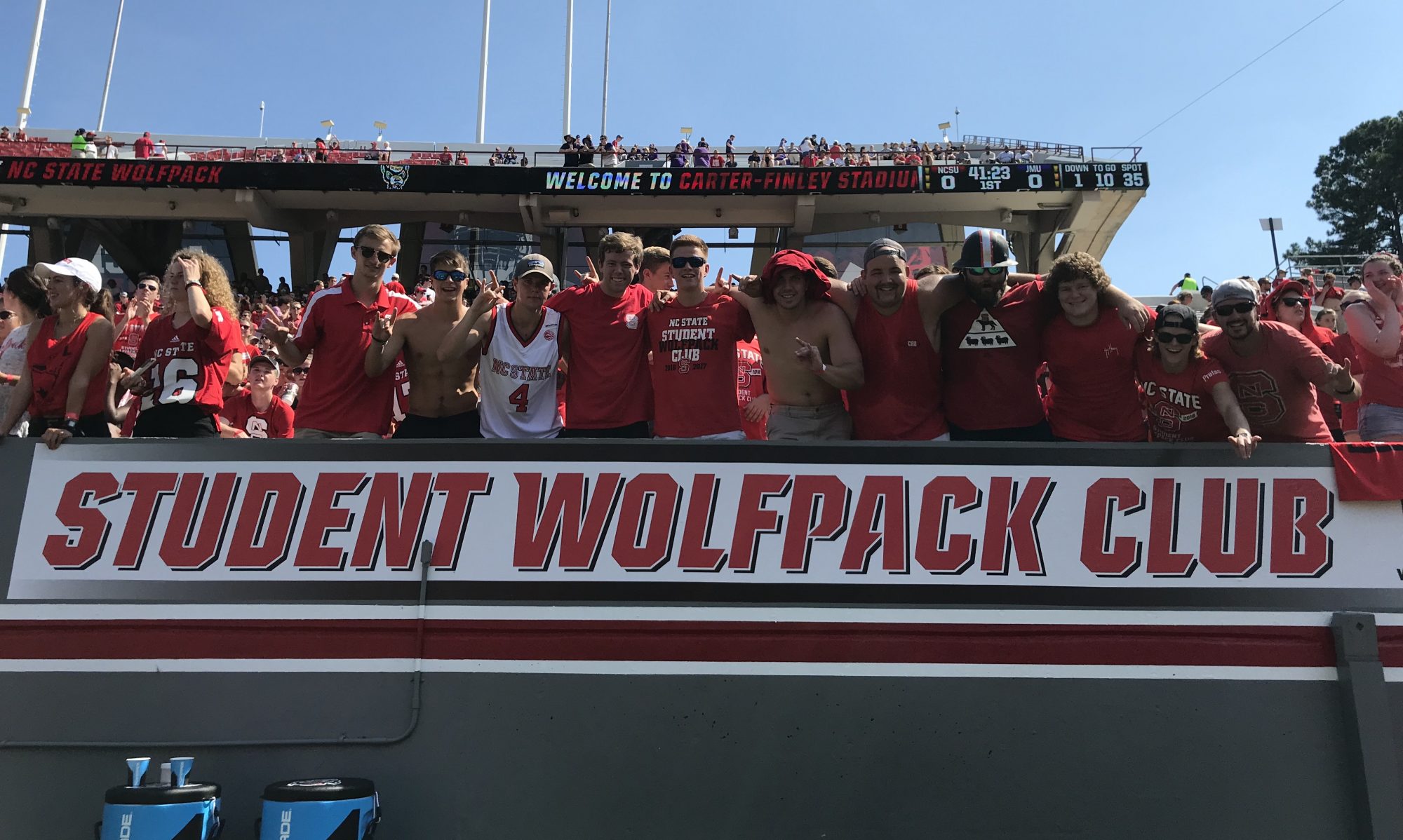How do you define leadership?
From the beginning of civilization, the world has proven that great, passionate leaders and evil, uncommitted leaders exist in almost the same quantities. For every Franklin Roosevelt, there is an Adolf Hitler in opposition. While both spectrums claim authority figures in today’s world, leadership can still be found in many other forms in between. However, the most effective form of leadership, in my opinion, occurs when a person in a powerful position elevates those around him/her, finding each member their niche and clearly explaining and working toward a common goal for the good of those in the community. This definition strives to deflect attention away from the leader, instead working toward all members of the group gaining recognition for their efforts. This form of leadership also allows the leader of the group to energize, motivate, and push each member individually in their own positions, learning their tendencies and focusing on each as an individual but also a working member of the team. This leadership form is fluid, filled with teamwork and enthusiasm, and goal-oriented.
How would you define the common purpose for this class, and how does this apply to you, personally, as a leader?
Community Leadership is a class that I believe can raise up the next generation of North Carolina State leaders. This class, as an extension of the Impact Leadership Village, a place where interested students live, work, and improve NC State through community work and activism, can teach skills about how to deal with people and tough relationships, expose new leaders to good techniques to get the best out of those they are working with, and ultimately create club presidents, organization chairman, or even real-world political leaders or company business men and women. When taking a class such as community leadership, students will be allowed to express their own ideas in group projects and through reflections on how leadership can affect a community, how necessary it is, and finally allow discussion on positive or negative ways to direct those you come into contact with. Personally, I was drawn to ILV and became excited for Community Leadership because I considered myself a leader in clubs, teams, and organizations I was involved in during high school. This class can hone these already developed leadership skills and potentially push me toward leadership roles in college avenues I pursue.
“How will you use your time in the village to learn more about creating and leaving an impact on organizations?”
Touching on points from the previous answer, I believe this village is unique in that leaders from their home communities are coming together to create a unified body of those interested in making a difference in Raleigh at NC State. In this village, I hope I can gain strategies about working with people who have different ideas and knowledge than myself (there are many different cultures, races, and beliefs I have noticed in ILV this year) and also be able to be opened to the wide array of opportunities that the campus provides and hopefully find a home for the next four years in clubs and organizations, but also be introduced to partners in community service and speaking engagements. While the village allows large-body commitments like the council, it also does well to provide smaller, hands-on commitments like the suite and floor you are living on and the committee you are placed in to make a difference. Through our projects and interactions in these groups, I can certainly pick up advice and gain experience in working with small and large groups to attain goals and finish tasks that I can take with me to other work environments and groups I become involved in. I want to make my impact on State clear and well-known, and create an experience I will never forget during my four years.
Analysis of course learning outcomes and relation to my common purpose.
Through the completion of this course, I will be able to explore and analyze the relational leadership model and mold it my leadership style, which will allow myself and all the other ILV members to have a unique idea and implementation of their own model in their own leadership positions. Learning outcomes also state that students will identify sources of power, analyze existing processes in organizations, and lastly consider their own practices as leaders. Through my common purpose I stated before in this reflection, that this class would instruct and raise up the next generation of Wolfpack leaders, these outcomes would be able to give us instruction and guidance on the do’s and do not’s of leading a group, give examples of positive and negative practices, and put us on the right track and in the right mindset to pursue careers where we are leaders and impact our next four years on campus as members of the Pack.
